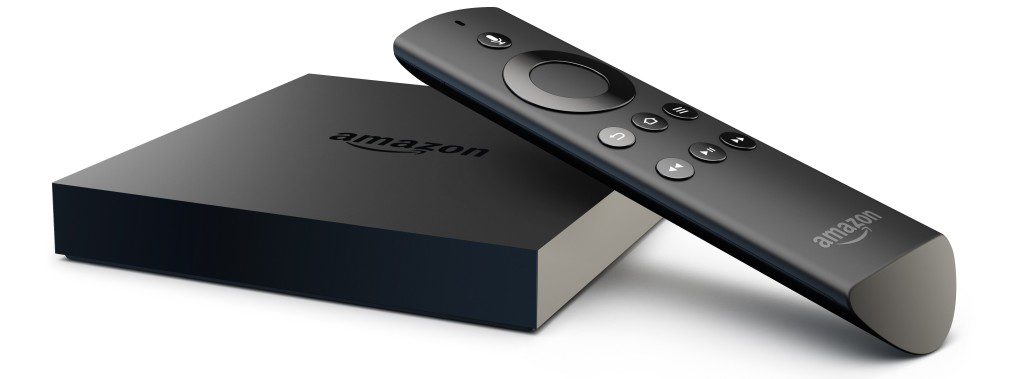
(February 12, 2014)–Credit union members who have been troubled by recent news of their financial apps’ vulnerability to security breaches need worry no longer, according to CU Mobile Apps and its technology partner, Metova. The CU Mobile Apps-Metova partnership has announced a security solution that protects mobile transactions from hacking, theft and spyware attacks—a solution which is being provided free to all CU Mobile Apps credit union clients and their members.
Read More
Android, iOS, BlackBerry and Windows Phone each provide specific tips in their development forums about how to make your custom applications look and feel as though they belong on that device.
Read More
The firm has doubled its development talent, adding 15 developers in nine months
Read More
We were thrilled to sponsor a project for this year’s Vanderbilt University School of Engineering Senior Design Day. Metova’s VP of Technology Dave Lane advised four students who spent the last two semesters working on their project: the Augmented Reality Smartphone Framework for Android.
Read More
Yesterday Amazon announced a new device, Amazon Fire TV. Similar to the Apple TV and Roku, it allows users to stream TV shows, movies, music, and download apps. Amazon Fire TV stands out in that it is built for gaming, even supporting its own gaming controller. A quad-core processor, 2GB memory, support for surround sound, and Amazon payment integration are just a few of the device’s perks.
Read More
This summer, Apple, Google and Microsoft announced updates to their mobile operating systems: iOS 6, Jelly Bean (Android 4.1), Windows 8 and Windows Phone 8. All of the operating systems are at different stages of maturity, which is reflected in their unique mixes of competitive and innovative features.

There is no question that Apple leads the industry in many ways: beautiful design; easy to use operating system; an eye toward integrated product offerings, to name a few. But in terms of market share, Google Android is the undisputed leader. More importantly, Google is securely set up to continue this dominance for the foreseeable future.
Read More
With the unveiling of Ice Cream Sandwich (Android 4.0) at the beginning of the year, Android also revealed its first suggested app design guidelines, departing from its long heralded stance that apps for Android don't have to abide by any rules as long as they aren't malicious. While these guidelines are by no means mandatory, they do imply that Android's flexible policies are getting a little more structure, which has us asking a series of questions: Is this good for the industry? Is it necessary for Android to continue to compete with Apple? Or should Android revert course and return to its "anything goes" cowboy roots?

